Jordan and I recently got away for a marriage retreat with 19 other couples from our church, and while I try to stay away from hyperbole, it was kind of the best. thing. ever.
We left town on a Friday afternoon and headed to Crystal Springs Resort in Vernon, NJ. It was an absolutely beautiful time to visit, as the resort is nestled in the mountains which were covered by trees in bright oranges, yellows, and reds.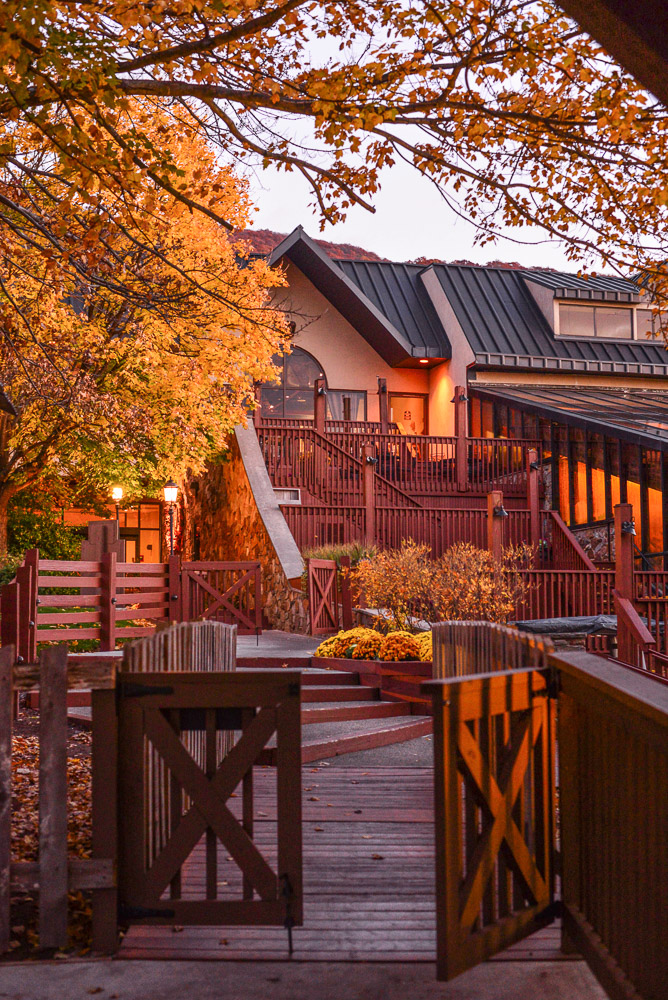 Not only was the setting beautiful, but the resort had every activity you could want — an indoor-outdoor pool complex, clay shooting, hiking trails, a basketball court, spa, and the list goes on.
Not only was the setting beautiful, but the resort had every activity you could want — an indoor-outdoor pool complex, clay shooting, hiking trails, a basketball court, spa, and the list goes on.
During our window of free time on the Saturday, my friend Heather and I opted to go horseback riding — something we both hadn’t done in years and something both of our husbands had no desire to do with us. Her husband is allergic to horses, and Jordan, well, he just has “an unhealthy fear of being thrown from a horse.” Yep. His words, not mine. He ended up spending time with his brother (he and his wife were also on the retreat) and excelling at clay shooting, so I suppose it was for the best.
But back to my adventure…
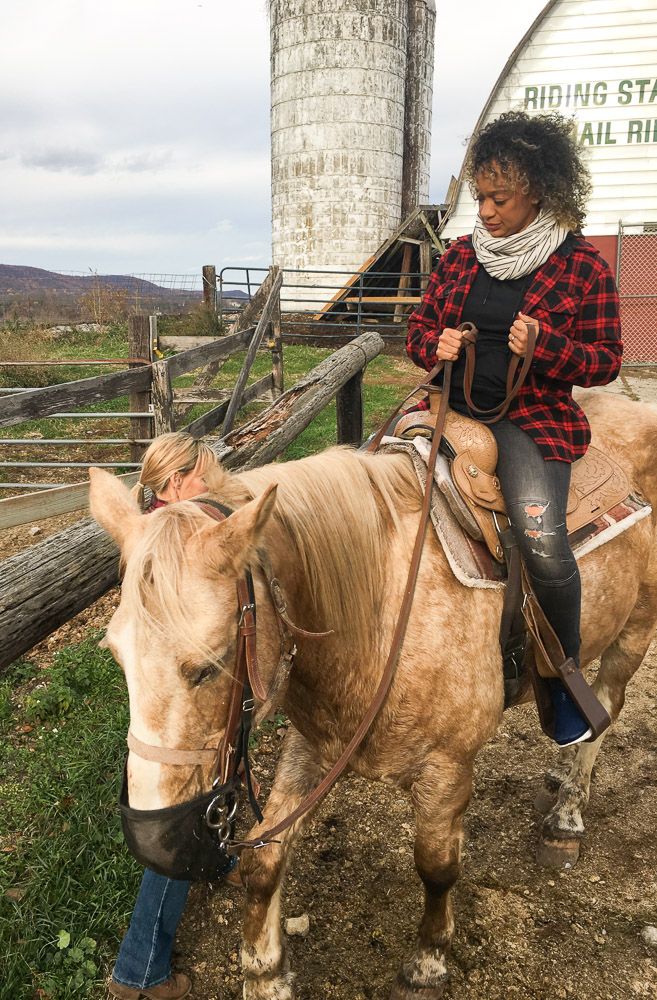 Heather’s horse was one BIG fella, and he took his sweet ole time taking her through the trails. But a nice, leisurely pace was perfect for looking up, taking in the foliage, and soaking up the moment.
Heather’s horse was one BIG fella, and he took his sweet ole time taking her through the trails. But a nice, leisurely pace was perfect for looking up, taking in the foliage, and soaking up the moment. 
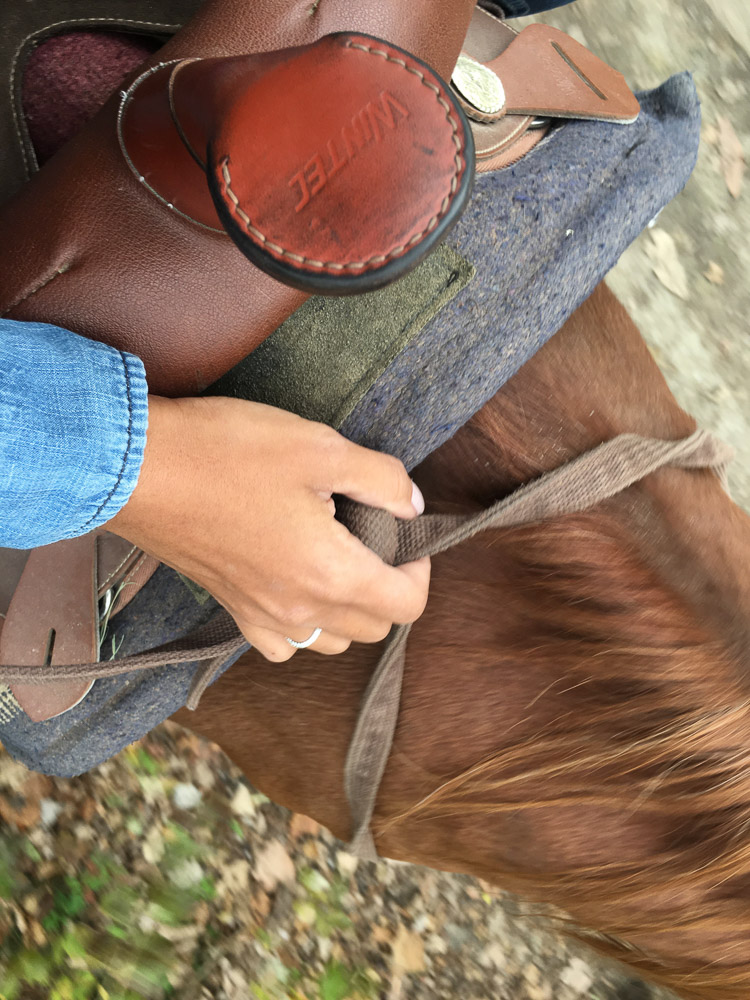
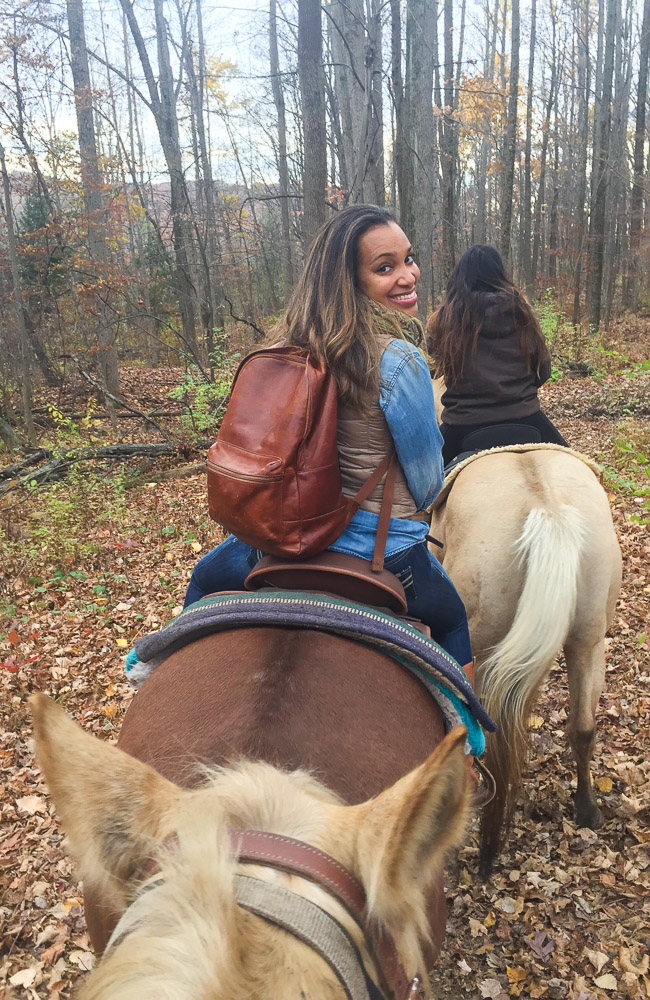 (Sidebar: After a lovely ride, these jeans right here met their
(Sidebar: After a lovely ride, these jeans right here met their untimely inevitable demise as I dismounted from the horse. The jeans clearly weren’t ready for my legs to stretch as needed, and the consequent riiiipppp made me thankful for a long shirt that kept me decent. RIP favorite thrift shop jeans. There’s no patch large enough that could save you.)
So the resort was beautiful, the free time was a ton of fun, a five-course meal at the nearby Milano’s restaurant was delicious, but what really made this marriage retreat a phenomenal time was the four facilitated sessions our group of 20 couples went through on Saturday.
All of the sessions were led by a marriage ministry director named Kelly Ng and his wife, Shirley, and they did an amazing job painting a vision for a great marriage, teaching us exercises, and modeling those exercises with a tremendous amount of vulnerability. They set the tone, and all of us followed their lead into some really meaningful and intimate discussions with our spouses.
We were a diverse bunch of couples with marriages that ranged in length — a few had been married close to 20 years and a few had been married for less than six months. Some have kids and others don’t. Some couples came to enjoy each other, while others were there in search of hope. And all of us left blown away by what we learned.
There’s no way I can fully capture what we experienced in this post, but here are my main takeaways.
5 Lessons from An Amazing Marriage Retreat…
1. We can’t hope to resolve conflict if we don’t first get in touch with our feelings and expectations. This, to me, was the big idea. When it comes to having stronger and healthier marriages, most of us assume that the key is figuring out how we can better resolve conflict. And by “resolve conflict,” we typically mean “get our spouse to do what we want.” We tend to think about the issues and challenges in our marriage and conclude that if we could just resolve those things, married life would be much easier. Less stressful. More fulfilling. But we need to take a few steps back — how can we ever get to a place of agreement if we don’t take an honest look at our feelings and expectations?
2. Explore your emotions regularly. Most of us see our emotions as things to be managed, but feelings don’t need to be judged or make sense in order to be justified. Feelings are just feelings. When we assess and voice what’s making us mad, sad, anxious, and glad, we might find that some of our frustration directed at our spouse is really a projection related to something else. At the retreat, each couple took turns telling their spouse what’s making them mad, sad, anxious, and glad, and it was powerful. Some real waterworks were going on in that room (or in Jordan’s case, “thug tears.”) The activity was a clear reminder that so much of what we feel goes neglected.
3. Practice intentional listening. It’s very easy to be so caught up with the day-to-day demands of life that you don’t create intentional space where you ask your spouse how they’re feeling and truly listen. Listening like Jesus did means listening with empathy and being attuned to another person’s words and non-verbal communication, even if you don’t agree with their point of view. During the retreat, we practiced an exercise where one spouse shared how they were feeling, and the other spouse repeated back what they heard every 2-3 sentences. This ensured that no words got lost or misconstrued. The activity took a solid 20 minutes, so it’s not something to do every day, but certainly on a regular basis to make sure you really know what’s going on with your spouse.
4. My preference is not my spouse’s problem. So many times, I have a preference for how Jordan would do something (ex: to not throw his dirty clothes on the living room floor), and I express my preference with the expectation that Jordan will immediately adapt, because I know he cares for me. But what I realized at the retreat is that just because I express my preference for something, it doesn’t mean Jordan needs to respond in a specific way. It’s merely my preference and something to potentially discuss/negotiate/or reject. I found this lesson to be so freeing — that I can and should respectfully express my preferences, but that I should also know that my preference can’t become my expectation without an agreement.
5. Connection is more important than correction. It’s easy to want to win the argument. To have your point of view as the one that’s right. To be the one with the better method. But you can easily win the argument and lose your spouse in the process. When we do things like tell our spouse their feelings aren’t justified or rush to solve their problems instead of just listening, we’re looking to correct instead of simply connect. And marriage is all about connection and oneness.
Ultimately, better marriages start with taking a hard look at ourselves, and in turn, finding ways to really hear and connect with our spouse.
—
Here’s to thriving marriages that reflect God’s love for all of us. If you want to learn more about some of the concepts we learned at the retreat, check out the book that served as the foundation for the workshops — Emotionally Healthy Spirituality.
And here are a few more shots from around the resort property, capturing the beautiful season that is fall…




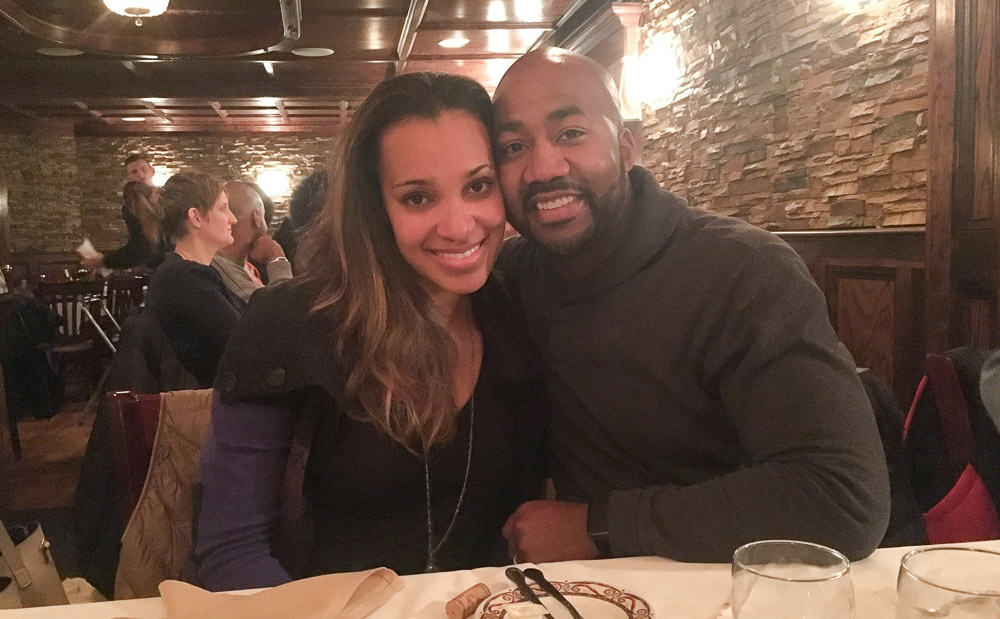
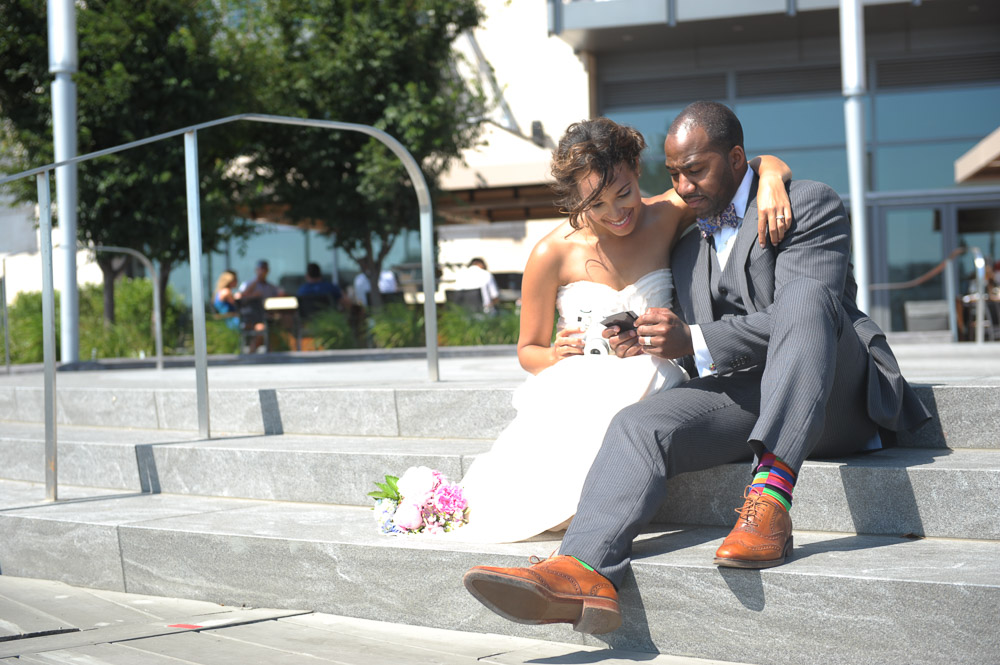

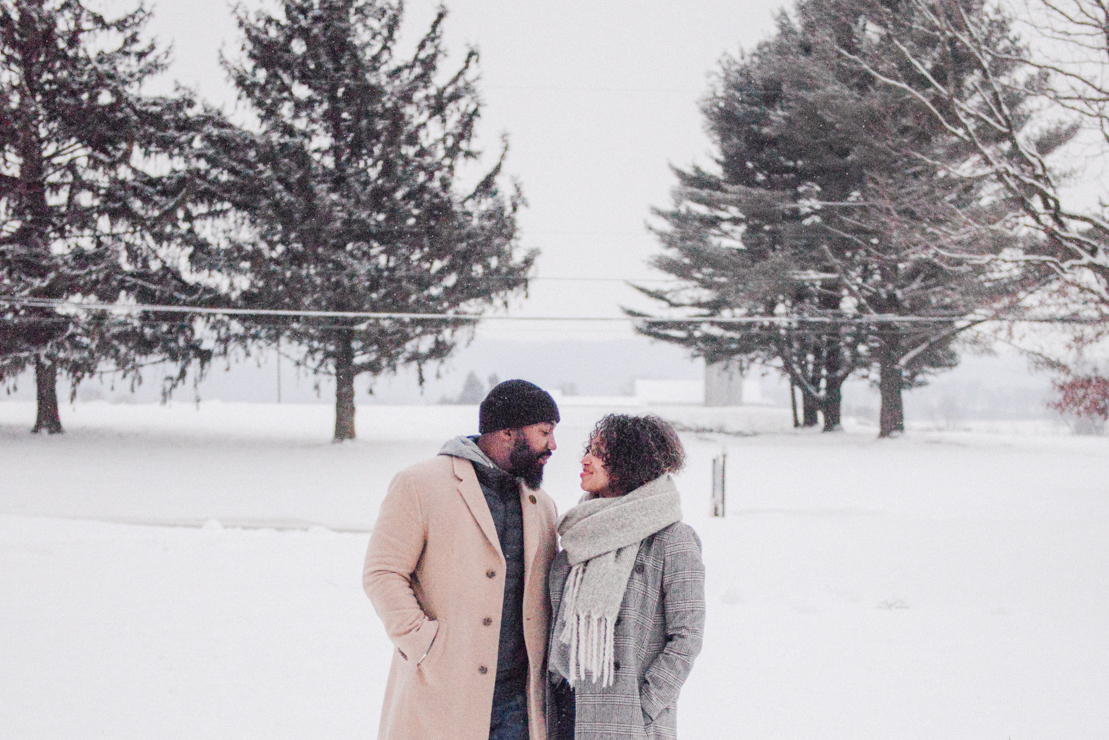
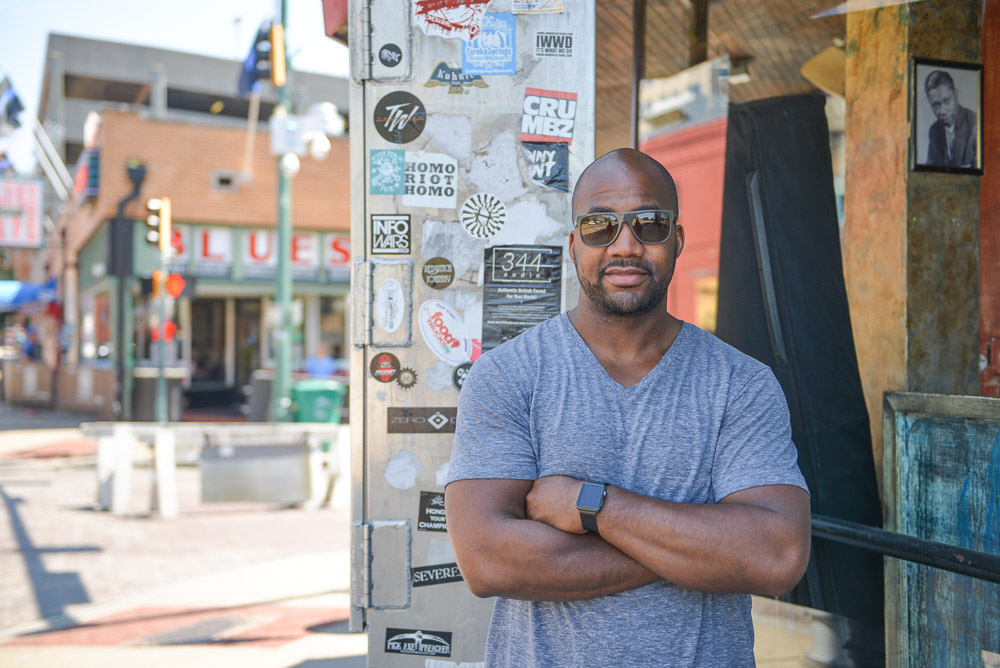

3 Comments
Jema
November 17, 2016 at 9:03 amThese pics are stunning AS ALWAYS!!! I am sure the resort would love these for their own usage!
Rasheida Mitchell
November 17, 2016 at 12:36 pmI would love more details on how to participate in a “Marriage Retreat”? To be more self-aware and the commitment to connection is one that will always be important to nurture.
Peggy Muschett
November 17, 2016 at 2:58 pmIt’s just absolutely wonderful to see young couples like yourself and Jordan, taking the time to invest in your marriage to leave a legacy for others to follow. Thanks for sharing these impactful moments and words of life. I have shared your story with other married and unmarried young people, including my sons. God bless you both, as well as the other couples.
Mrs. Muschett